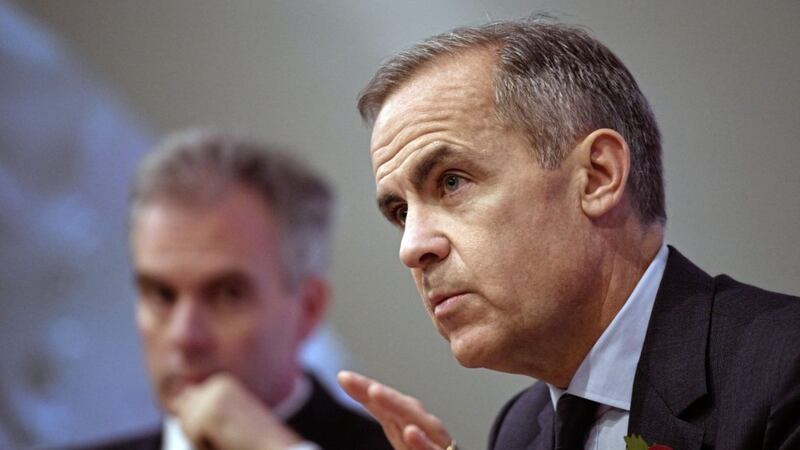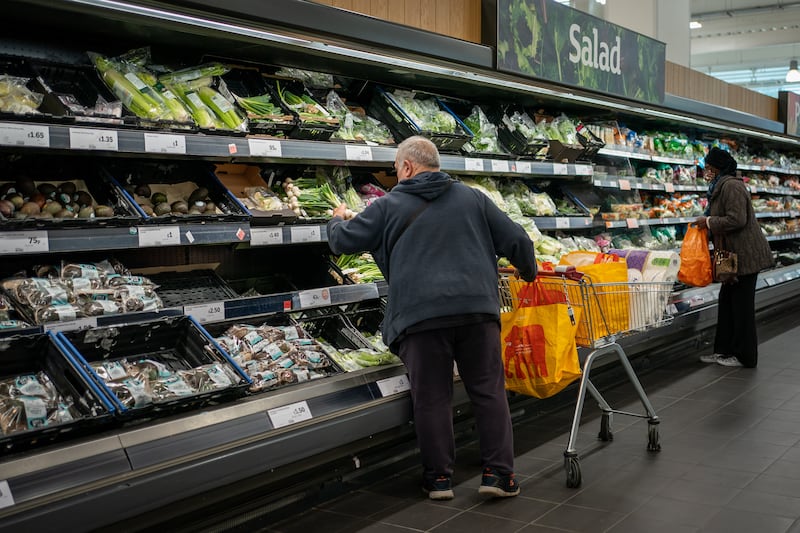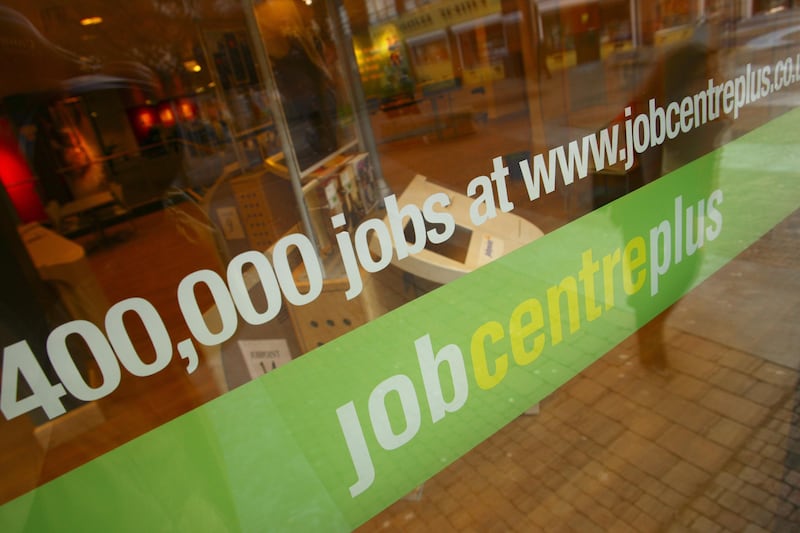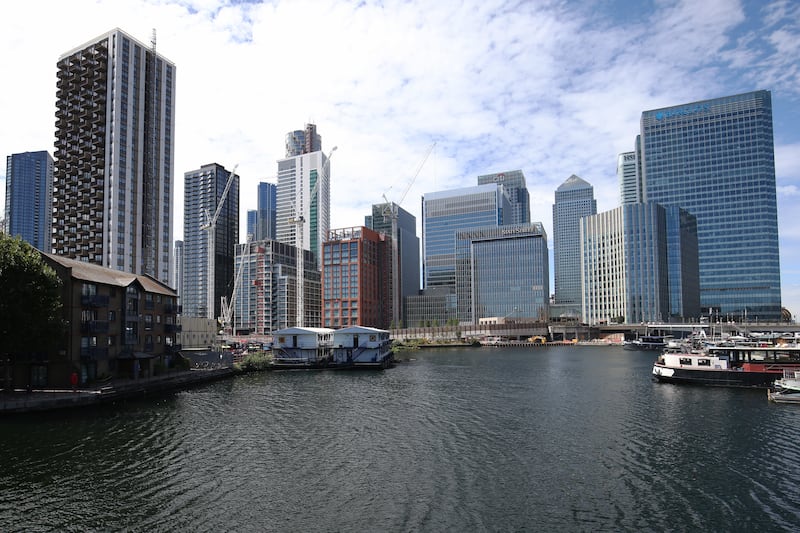POLICYMAKERS are expected to keep UK interest rates on hold next week after November's milestone hike amid increasing speculation it was a "one and done" move.
The Bank of England voted 7-2 to increase rates for the first time in a decade last month, with a rise from 0.25 per cent to 0.5 per cent as it sought to cool surging inflation.
Many experts though believe now that rates will remain at 0.5 per cent for at least another year.
This is despite previous assertions from the Bank that two more rate hikes were likely over the next three years, which could see rates hit 1 per cent by the end of 2020.
Ryan Djajasaputra, economist at Investec, said the Bank of England is "all but certain" to retain the status quo on Thursday.
"We will be looking for any clues over the timing of any future policy tightening in the minutes."
The latest meeting comes amid mixed reports from the UK economy in October, as the manufacturing sector expanded but the construction industry continued to slump.
Figures from the Office for National Statistics (ONS) showed construction output unexpectedly fell by 1.7 per cent on the month, as the industry was dragged down by a 1.5 per cent decline in new work.
The picture was also bleak for the three-month period to October, with output dropping by 1.4 per cent following a 3 per cent slide in repair and maintenance work.
By contrast the UK's buoyant manufacturing industry delivered another robust performance in October, expanding by 0.1 per cent as the wider industrial production came in flat.
ONS statistician Kate Davies said: "While manufacturing was relatively subdued overall in October despite record production of cars destined for export, the longer-term picture is one of strong growth."
"Construction output continued to fall back from its peak at the start of the year, with both new building and repair work faltering once again," she added.
Separate figures on UK imports and exports showed the total trade deficit widened by £300 million to £1.4 billion between September and October, as goods imports jumped 1.6 per cent.







